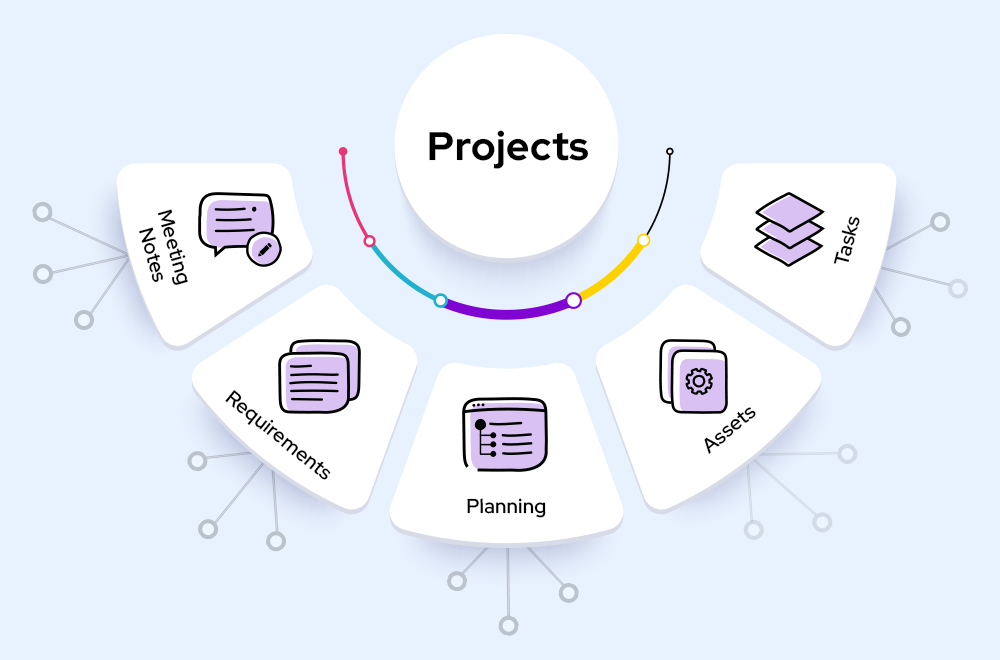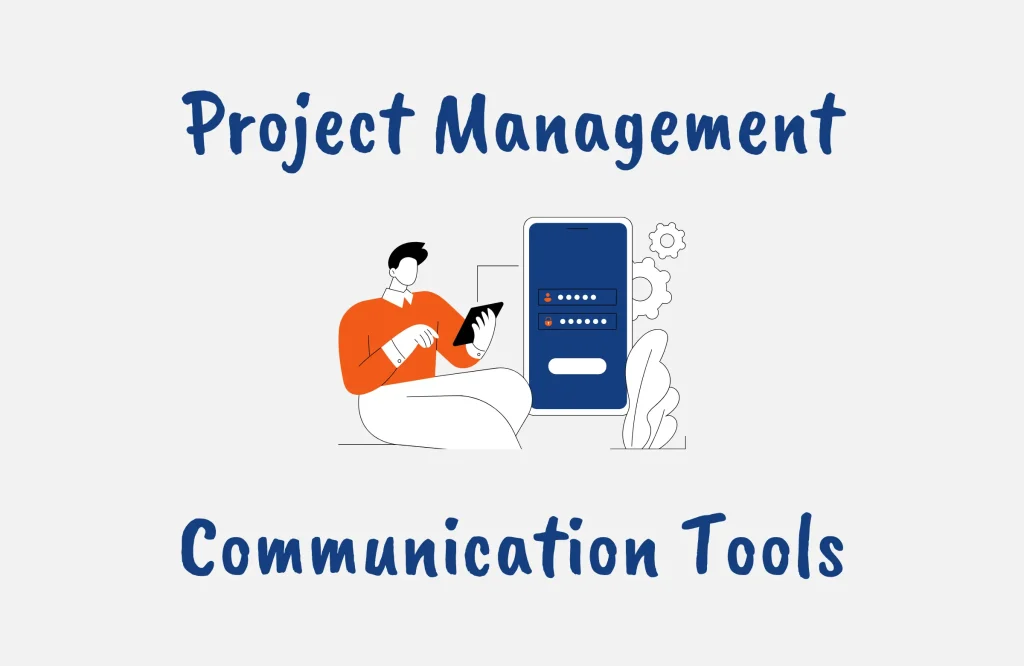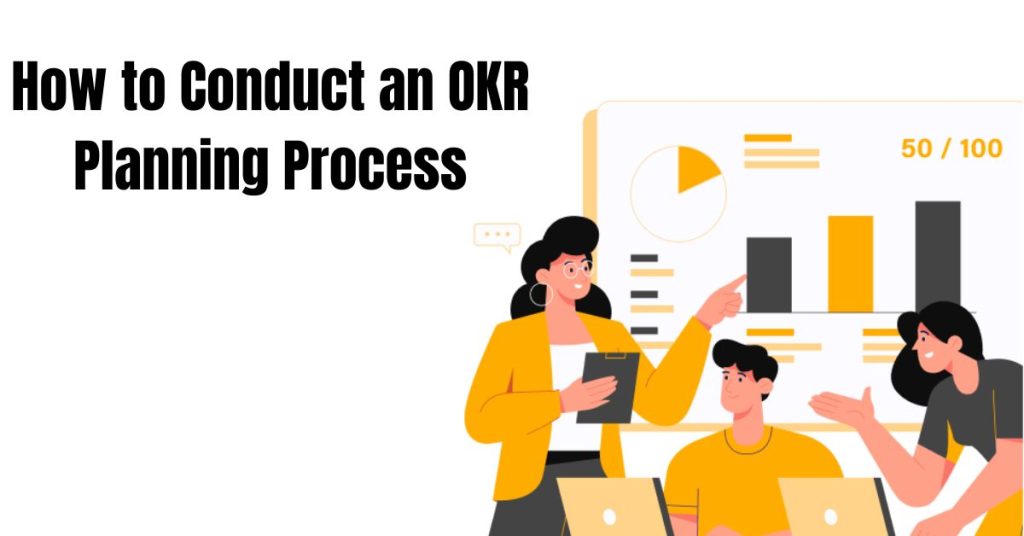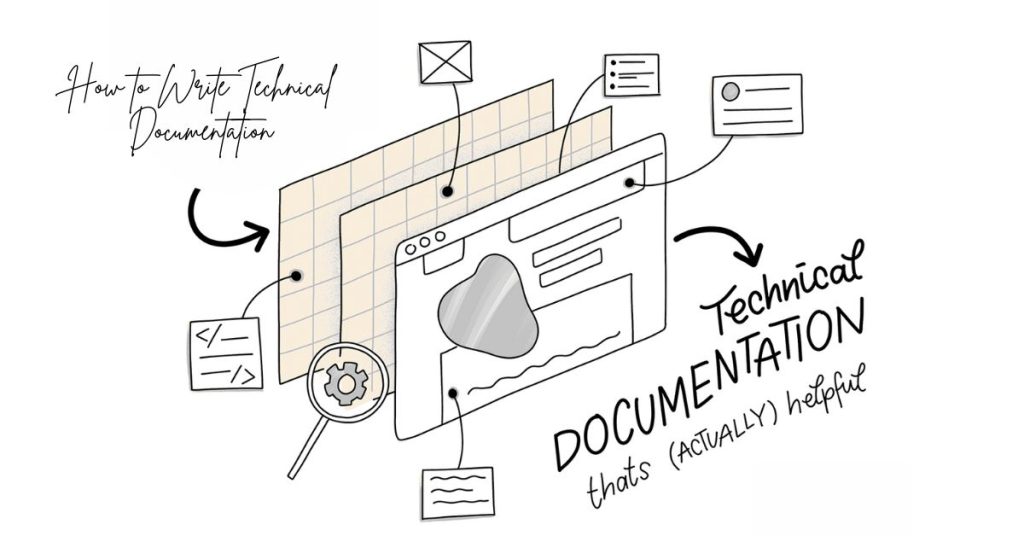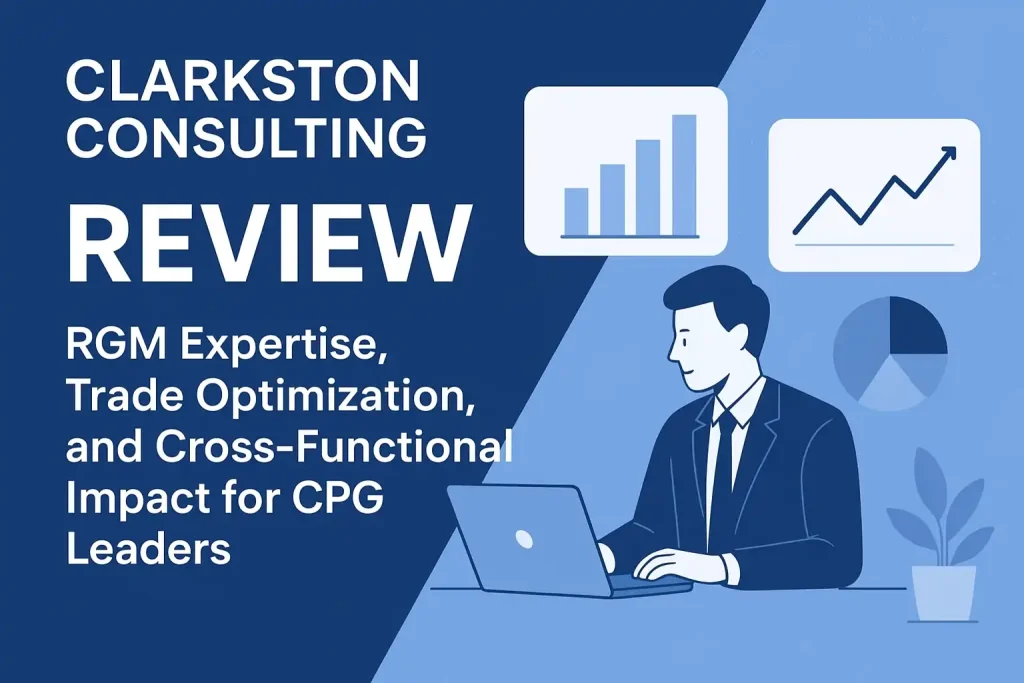In the fast-paced world of agency work, efficiency and productivity are paramount. Time tracking has emerged as a powerful tool to help agencies streamline their operations, boost accountability, and enhance overall productivity. In this article, we’ll delve into the significance of time tracking in agency settings, explore why productivity is crucial for agency success, and provide an overview of the benefits that effective time tracking can offer.
Explanation of Time Tracking in Agency Settings
Time tracking involves recording the amount of time spent on various tasks and projects. In agency settings, where client projects often have tight deadlines and budgets, keeping track of time is essential for ensuring projects stay on track and within scope. Time tracking allows agencies to monitor how their resources are allocated, identify areas for improvement, and make data-driven decisions to optimize workflow efficiency.
Importance of Productivity in Agency Work
Productivity is the lifeblood of agency work. Clients expect results, often under demanding timelines, and agencies must deliver high-quality work while maximizing their resources. In such a competitive landscape, agencies prioritizing productivity gain a significant edge over their counterparts. By efficiently managing time and resources, agencies can increase their output, meet client expectations, and maintain a sustainable business model.
Understanding Time Tracking
Time tracking is a fundamental practice in modern agency workflows, providing valuable insights into resource utilization, project progress, and overall efficiency. Let’s delve deeper into what time tracking entails, the methods and tools commonly used by agencies, and how it differs from traditional work management approaches.
Definition and Purpose of Time Tracking
Time tracking involves systematically recording the amount of time spent on various tasks, projects, or activities. Its primary purpose is to provide agencies with accurate data on how their time is allocated, allowing them to analyze productivity levels, identify inefficiencies, and make informed decisions to optimize workflow processes.
Purpose of Time Tracking:
- Resource Allocation: By tracking time, agencies can allocate resources more effectively, ensuring that team members are utilized efficiently and that projects are adequately staffed.
- Project Management: Time tracking provides valuable insights into project progress, allowing agencies to identify bottlenecks, prioritize tasks, and allocate resources where they are needed most.
- Billing and Client Transparency: Accurate time tracking enables agencies to bill clients accurately based on the actual time spent on projects, fostering transparency and trust in client relationships.
Common Methods and Tools Used in Agencies
There are several methods and tools available to agencies for tracking time, each with its advantages and limitations. Some of the most common include:
Methods:
- Manual Time Tracking: This involves manually recording time spent on tasks using spreadsheets, timesheets, or paper-based systems. While simple and inexpensive, manual tracking is prone to errors and may be time-consuming for employees.
- Automated Time Tracking: Utilizes software and tools that automatically track time spent on tasks based on user activity, such as mouse clicks, keyboard strokes, or application usage. Automated tracking is more accurate and less intrusive than manual methods but may require initial setup and configuration.
Tools:
- Time Tracking Software: Dedicated time tracking software, such as Toggl, Harvest, or Clockify, offers comprehensive features for tracking time, managing projects, generating reports, and integrating with other tools and platforms.
- Project Management Platforms: Many project management platforms, such as Asana, Trello, or Monday.com, include built-in time tracking features or integrations with third-party time tracking tools.
- Mobile Apps: Mobile apps allow employees to track time on the go using their smartphones or tablets, making it convenient to log hours spent on tasks even when away from the office.
How Time Tracking Differs from Traditional Work Management
Traditional work management approaches often focus on task completion and deliverables without considering the time required to accomplish them. Time tracking, on the other hand, provides a granular view of how time is spent on each task, allowing agencies to analyze productivity levels, identify inefficiencies, and make data-driven decisions to improve workflow processes.
Differences:
- Focus on Time: Time tracking places a greater emphasis on the time spent on tasks and projects, whereas traditional work management may prioritize task completion or deliverables.
- Data-Driven Insights: Time tracking provides agencies with valuable data on resource utilization, project progress, and employee productivity, enabling them to make informed decisions to optimize workflow processes.
- Client Transparency: Time tracking fosters transparency in client relationships by providing accurate data on the time spent on projects, which can be used for billing purposes and to demonstrate the value of agency services.
Boosting Accountability and Transparency
In the dynamic world of agency projects, accountability and transparency are indispensable pillars of success. Let’s explore why accountability is crucial in agency projects, how time tracking fosters transparency among team members, and delve into examples of how transparency improves agency workflow and client relationships.
Importance of Accountability in Agency Projects
Accountability is the cornerstone of successful agency projects. Clients entrust agencies with their projects, expecting timely delivery, high-quality work, and adherence to agreed-upon budgets and timelines. Without accountability, projects can easily veer off track, leading to missed deadlines, cost overruns, and dissatisfied clients.
Significance of Accountability:
- Client Trust: Demonstrating accountability instills trust and confidence in clients, assuring them that the agency is committed to delivering results and meeting expectations.
- Team Alignment: Accountability fosters a sense of ownership and responsibility among team members, ensuring everyone is aligned with project goals and committed to achieving them.
- Risk Mitigation: By holding team members accountable for their actions and decisions, agencies can identify and address potential risks early on, minimizing the likelihood of project failures or setbacks.
How Time Tracking Promotes Transparency Among Team Members
Time tracking plays a pivotal role in promoting transparency among team members by providing visibility into how time is allocated and utilized on various tasks and projects. This transparency fosters open communication, collaboration, and accountability within the team.
Ways Time Tracking Promotes Transparency:
- Visibility into Workloads: Time tracking enables team members to see how their colleagues are allocating their time, fostering a sense of transparency and accountability.
- Identification of Bottlenecks: By tracking time spent on tasks, team members can identify bottlenecks and inefficiencies in workflow processes, enabling them to collaborate on solutions and improve productivity.
- Client Communication: Transparent time-tracking data can be shared with clients to provide insight into project progress and demonstrate the agency’s commitment to accountability and transparency.
Examples of How Transparency Improves Agency Workflow and Client Relationships
Transparency not only enhances internal agency workflow but also strengthens client relationships by fostering trust, communication, and collaboration. Here are some examples of how transparency improves agency workflow and client relationships:
Improved Project Management:
- Real-Time Insights: Transparent time tracking data provides real-time insights into project progress, allowing agencies to identify potential issues early on and take proactive measures to address them.
- Effective Resource Allocation: By transparently tracking time spent on tasks, agencies can allocate resources more effectively, ensuring that projects are adequately staffed and deadlines are met.
Enhanced Client Relationships:
- Trust and Confidence: Transparent time tracking demonstrates the agency’s commitment to accountability and professionalism, instilling trust and confidence in clients.
- Accurate Billing: Transparent time tracking data enables agencies to bill clients accurately based on the actual time spent on projects, fostering transparency and fairness in billing practices.
Improving Project Management
Effective project management is essential for the success of agency projects, and time tracking plays a crucial role in streamlining project planning, resource allocation, and overall efficiency. Let’s explore how time tracking aids in project management, the benefits of identifying project bottlenecks, and examine case studies illustrating successful project management through time tracking.
How Time Tracking Helps in Project Planning and Resource Allocation
Time tracking provides valuable data that aids in project planning and resource allocation, allowing agencies to optimize their workflows and ensure that projects are completed on time and within budget.
Benefits of Time Tracking in Project Planning:
- Accurate Estimation: Time tracking data from past projects enables agencies to accurately estimate the time required for similar tasks in future projects, facilitating more precise project planning and scheduling.
- Resource Optimization: By tracking time spent on different tasks, agencies can identify opportunities to optimize resource allocation, ensuring that team members are assigned tasks based on their availability and expertise.
- Budget Management: Time tracking helps agencies monitor project costs in real time, enabling them to stay within budget and make adjustments as needed to avoid cost overruns.
Identifying Project Bottlenecks and Areas for Improvement
Time tracking allows agencies to identify project bottlenecks and areas for improvement, enabling them to implement strategies to overcome challenges and enhance workflow efficiency.
Benefits of Identifying Project Bottlenecks:
- Early Detection: Time tracking data helps agencies identify project bottlenecks and issues as they arise, allowing them to address them early on before they escalate and impact project timelines.
- Data-Driven Decisions: By analyzing time-tracking data, agencies can identify patterns and trends that reveal inefficiencies in workflow processes, enabling them to make data-driven decisions to improve project management practices.
- Continuous Improvement: Time tracking fosters a culture of continuous improvement within agencies, encouraging teams to collaborate on solutions to overcome project challenges and streamline workflow processes.
Enhancing Billing Accuracy and Revenue
Accurate billing is crucial for agency profitability, and time tracking plays a vital role in ensuring billing accuracy and maximizing revenue. Let’s explore the link between accurate time tracking and billing, how precise time tracking helps avoid underbilling and scope creep, and how effective time tracking practices can increase revenue and profitability for agencies.
The link between Accurate Time Tracking and Billing
Time tracking serves as the foundation for accurate billing in agency projects, providing a transparent and reliable method for measuring the time spent on client work.
Importance of Accurate Time Tracking for Billing:
- Transparent Billing: Accurate time tracking allows agencies to provide clients with transparent billing statements that detail the time spent on each task or project, fostering trust and transparency in client relationships.
- Fair Compensation: By accurately tracking time, agencies ensure that they are compensated fairly for the work they perform, reflecting the actual effort and resources invested in client projects.
- Legal Compliance: Accurate time tracking helps agencies comply with legal and contractual requirements related to billing and invoicing, reducing the risk of disputes or legal issues with clients.
Avoiding Underbilling and Scope Creep with Precise Time Tracking
Underbilling and scope creep can have detrimental effects on agency profitability, but precise time tracking helps agencies avoid these pitfalls by providing visibility into project scope and resource utilization.
Benefits of Precise Time Tracking:
- Preventing Underbilling: Precise time tracking ensures that agencies bill clients for all billable hours worked, minimizing the risk of underbilling and revenue loss.
- Managing Scope Creep: Time tracking enables agencies to monitor project progress and identify scope creep early on, allowing them to address changes in project scope and requirements before they lead to cost overruns or delays.
- Negotiating Change Orders: With accurate time tracking data, agencies can provide clients with evidence of additional work performed outside the original scope, facilitating negotiations for change orders and additional compensation.
Increasing Revenue and Profitability for Agencies through Effective Time Tracking Practices
Effective time-tracking practices can significantly impact agency revenue and profitability by optimizing resource utilization, improving project efficiency, and maximizing billable hours.
Ways Effective Time Tracking Increases Revenue:
- Optimized Resource Allocation: Time-tracking data enables agencies to identify underutilized resources and allocate them more effectively, maximizing billable hours and revenue potential.
- Improved Project Efficiency: By analyzing time-tracking data, agencies can identify inefficiencies in workflow processes and implement strategies to improve project efficiency, enabling them to complete projects more quickly and increase their capacity for additional work.
- Accurate Cost Estimation: Time tracking data provides agencies with valuable insights into the actual time and resources required to complete different types of projects, allowing them to provide more accurate cost estimates to clients and improve profitability margins.
Facilitating Personal and Team Productivity
Time tracking not only enhances accountability and billing accuracy but also plays a crucial role in fostering personal and team productivity within agencies. Let’s explore how time tracking encourages time management and efficiency among team members, the importance of setting realistic goals and deadlines based on time tracking data, and strategies for leveraging time tracking to optimize individual and team productivity.
Encouraging Time Management and Efficiency Among Team Members
Time tracking encourages time management and efficiency among team members by providing visibility into how time is allocated and facilitating self-awareness and accountability.
Benefits of Time Management and Efficiency:
- Awareness of Time Usage: Time tracking raises awareness among team members about how they spend their time, enabling them to identify time-wasting activities and prioritize tasks more effectively.
- Productivity Insights: Time tracking data provides valuable insights into productivity patterns and trends, allowing team members to adjust their workflows and optimize their time management strategies accordingly.
- Accountability: Time tracking fosters accountability among team members, as they are responsible for accurately recording and managing their time, leading to improved productivity and performance.
Setting Realistic Goals and Deadlines Based on Time Tracking Data
Time tracking data serves as a valuable tool for setting realistic goals and deadlines, enabling agencies to align project expectations with actual time constraints and resource availability.
Importance of Setting Realistic Goals and Deadlines:
- Avoiding Burnout: Realistic goals and deadlines based on time-tracking data help prevent burnout among team members by ensuring that the workload is manageable and sustainable.
- Minimizing Stress: Setting achievable goals and deadlines reduces stress and anxiety among team members, as they have a clear understanding of what is expected of them and sufficient time to complete tasks.
- Maintaining Client Satisfaction: Realistic deadlines based on accurate time tracking data allow agencies to deliver projects on time and meet client expectations, enhancing client satisfaction and fostering long-term relationships.
Strategies for Leveraging Time Tracking to Optimize Individual and Team Productivity
Time tracking can be leveraged to optimize individual and team productivity through various strategies, such as setting clear objectives, providing training and support, and fostering a culture of continuous improvement.
Strategies for Optimization:
- Clear Objectives: Clearly define project objectives and expectations, providing team members with a roadmap for success and guiding their time-tracking efforts towards achieving these goals.
- Training and Support: Offer training and support to help team members effectively utilize time-tracking tools and techniques, ensuring that they understand how to maximize their productivity and leverage time-tracking data to their advantage.
- Continuous Improvement: Foster a culture of continuous improvement by regularly reviewing time-tracking data, identifying areas for optimization, and implementing strategies to enhance individual and team productivity over time.
Overcoming Challenges and Objections
Implementing time tracking in agencies can face resistance and pose challenges. Let’s address common concerns about time tracking, explore strategies for overcoming resistance from team members or clients, and provide tips for maximizing the benefits of time tracking.
Common Concerns about Implementing Time Tracking in Agencies
Concerns:
Invasion of Privacy: Some team members may view time tracking as intrusive or feel uncomfortable with the idea of having their work monitored.
Increased Administrative Burden: Managers may worry that implementing time tracking will add to their administrative workload, requiring them to spend more time managing and analyzing time-tracking data.
Resistance to Change: Team members may resist adopting new time-tracking processes, fearing that it will disrupt their existing workflow or require them to change their working habits.
Addressing Resistance from Team Members or Clients
Strategies:
Communicate the Benefits: Communicate the benefits of time tracking to team members and clients, emphasizing how it can improve productivity, accountability, and project outcomes.
Provide Training and Support: Offer training and support to help team members and clients effectively utilize time-tracking tools and techniques, addressing any concerns or questions they may have.
Lead by Example: Demonstrate your commitment to time tracking by actively participating in the process yourself, showing team members and clients that you value accountability and transparency in your work.
Tips for Overcoming Challenges and Maximizing the Benefits of Time Tracking
Tips:
- Start Small: Begin by implementing time tracking in specific departments or projects, gradually expanding its use as team members become more comfortable with the process.
- Focus on Education: Educate team members and clients about the purpose and benefits of time tracking, addressing any misconceptions or concerns they may have.
- Provide Feedback: Regularly review time tracking data with team members and clients, providing feedback and guidance to help them improve their time management and productivity.
- Adjust and Iterate: Be open to feedback and suggestions for improvement, adjusting your time-tracking processes as needed to better meet the needs of your team and clients.
Conclusion
While implementing time tracking in agencies may present challenges, the benefits far outweigh the obstacles. By addressing common concerns, overcoming resistance, and implementing effective strategies, agencies can unlock the full potential of time tracking to enhance productivity, accountability, and project success. Embracing time tracking as a valuable tool for managing resources and optimizing workflows, agencies can achieve greater levels of efficiency and profitability in their projects.


